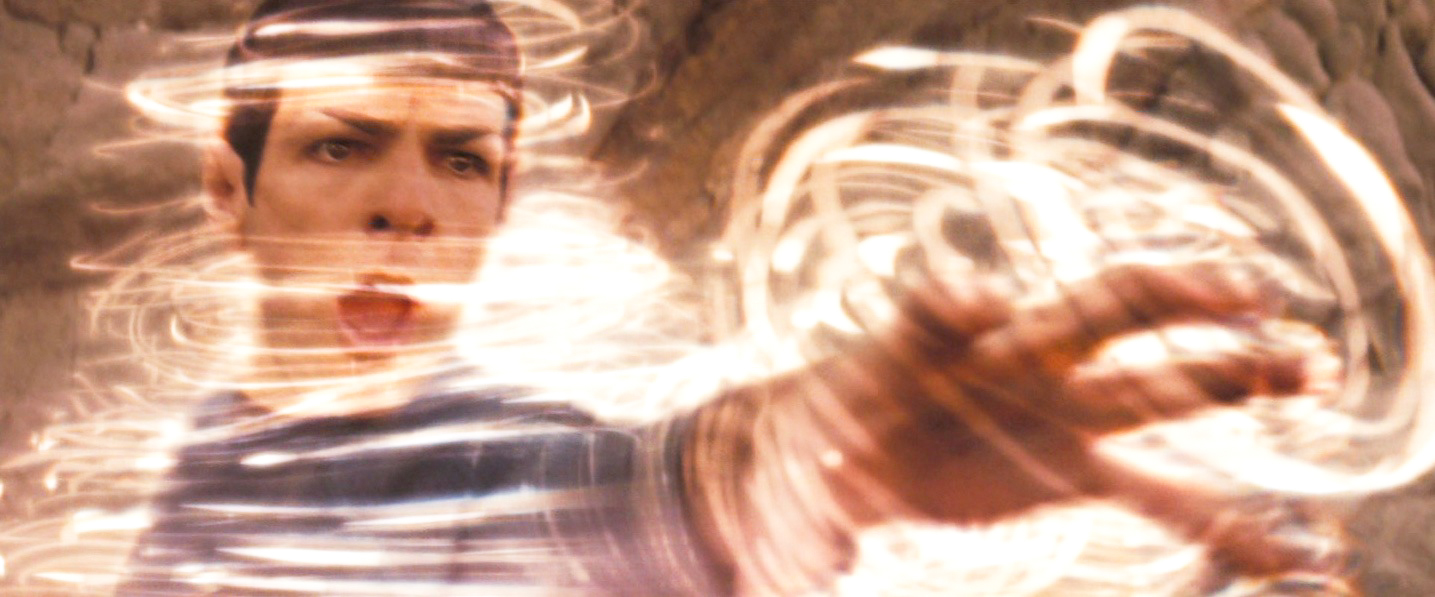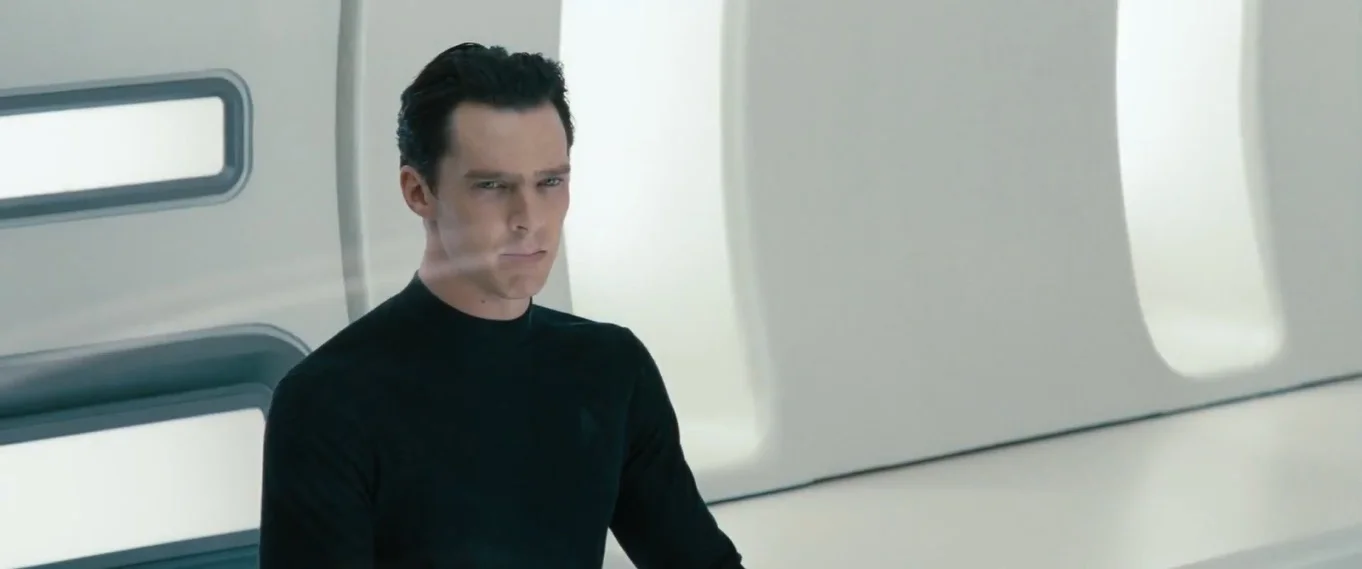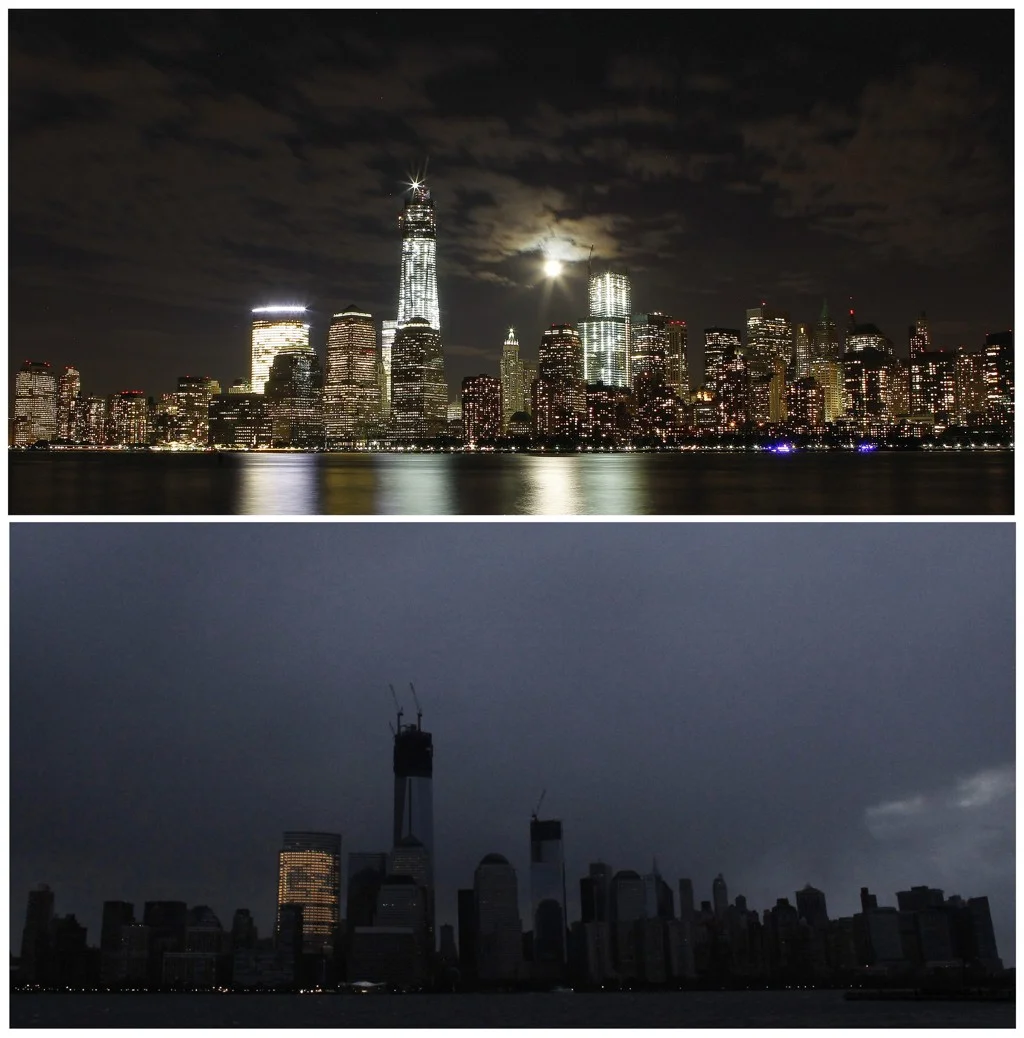For the first time, I'm exploring the psychology of a new episode of Star Trek. It might not be canon, but Star Trek Continues feels like the real deal. Not only is this fan-produced web series a nostalgic voyage into The Original Series, but it also returns the franchise to its social justice origins.
A nostalgic voyage
Chris Doohan, the son of James Doohan, is Chief Engeineer Mr. Scott.
The crew has done a brilliant job bringing The Original Series era to life. The writing, sets, costumes, sounds, music, visual effects, and cinematography feel just like a classic episode of Star Trek. While many fan projects have imitated The Original Series, this production feels like it picks up where the original left off.
A big part of that comes from the quality of the cast. Not only are they experienced actors, but they all share a deep love of the source material (watch them geek out on their Kickstarter video). Vic Mignogna leads the crew, both on and off screen, as Captain James T. Kirk and Executive Producer. Everyone loves to parody William Shatner's over the top moments as Kirk, but Mignogna's version reminds us that Kirk was also a tender and introspective man. Don't worry, Mignogna still whips out the trusty Starfleet clenched fist uppercut when needed.
Watching the first episode of Star Trek Continues, “Pilgrim of Eternity”, generated a lot of nostalgia for me. The episode is a faithful sequel to "Who Mourns for Adonais?" (The Original Series episode where the Enterprise meets the Greek god Apollo). It reminded me of how much fun I had watching The Original Series for the first time and the endless debates I had with my brother about the decisions Kirk made. We know nostalgia lifts our mood, reminds us of important social relationships from our past, and makes us want to connect with our loved ones in the present. That's exactly how I felt after watching Star Trek Continues – I was super excited to talk about the episode with all my Trekkie friends.
A return to social justice
The second episode of Star Trek Continues focuses on Lolani, a victim of the Orion slave trade.
The second episode, "Lolani", dives deeper into what made The Original Series so important – social justice. The episode focuses on the story of Lolani, a female Orion slave who seeks refuge on the Enterprise. I won't spoil what happens next, but I will say Kirk has to choose between his morals and his oath to the Federation. It's a captivating episode, but more importantly "Lolani" brings attention to the issue of modern day slavery.
Around the world, there’re 12.3 million children and adults in forced labor or prostitution. About 56% of these human trafficking cases are girls and women. Like Lolani, many victims of trafficking experience life-threatening physical and sexual abuse. Despite the gravity of this issue and it's global condemnation, human trafficking persists and is rarely discussed in media. That's probably why the American Psychological Association recently concluded that little is known about individuals who're involved in trafficking humans and major research is needed to understand how we can solve this problem.
The Original Series's "Let That Be Your Last Battlefield"
This type of social justice, bringing attention to inequality that is ignored by media, is a hallmark of the original Star Trek series. It was the first TV show to feature a multicultural cast, women in power, and had the first interracial kiss. The infamous "Let That Be Your Last Battlefield", an episode about half-white/half-black aliens committed to destroying each other, is widely panned for being too obvious in its message. What everyone misses about this episode is that it’s not about social commentary – it's social justice. Check out what the Mission Log podcast had to say about it (Supplemental episode 12 at 58:55):
Ken Ray: "Anybody who thinks that 'Let That Be Your Last Battlefield' is a bad episode is drinking too much…or not enough."
Rod Roddenberry: "…they hit the nail on the head but that was perfect for the era it was out."
John Champion: "We got a great email from a listener saying this is a great example of Star Trek moving into the point of storytelling as advocacy. Instead of just saying 'oh hey look here is this interesting problem' here's a story that's saying 'no you are dumb if you will destroy yourself by these petty racially motivated violences that you carry out on each other."
Like "Let That Be Your Last Battlefield", "Lolani" puts a face on an important issue and forces us to consider what happens if we ignore our conscience and let the injustice of human trafficking continue.
The psychological impact of human trafficking
During my time at New York's Bellevue Hospital Center, I worked with a lot of trafficked individuals in the emergency room after they escaped captivity. Most were female, always on guard, and didn't want to talk about what happened while they were in captivity. This type of hypervigilance and avoidance are common symptoms of post-traumatic stress disorder.
"Lolani" does a good job showing us these two symptoms of trauma. However, the ship's psychologist walks into a scientific minefield when conceptualizing her patient:
Dr. Elise MacKennah: "It's not uncommon for someone whose been traumatized to block out memories that are just too painful. It's entirely possible she's simply not conscious of everything that's happened."
The idea that traumatic memories could be forgotten for long periods of time and recovered later in therapy (or through a mind meld) led to a decade of "memory wars" in the 1990s. Cognitive psychologists showed that many people can “remember” doing something that never actually happened. On the other hand, clinical psychologists pointed to many cases in which recovered memories were backed up by police evidence. The issue is still controversial, but most psychologists would now conceptualize Lolani as avoiding her traumatic memories, not repressing them.
Despite my psychological nitpick, I'm still a huge fan of this project. Unlike the recent Star Trek films that retain the spirit of The Original Series but make significant departures in tone and style, Star Trek Continues faithfully restarts the original 5-year mission of the U.S.S. Enterprise. I hope they continue to revisit iconic characters, promote social justice (awesome job with the female redshirts, now please give us a LGBT character), and boldly go where fan-production has gone before.




















